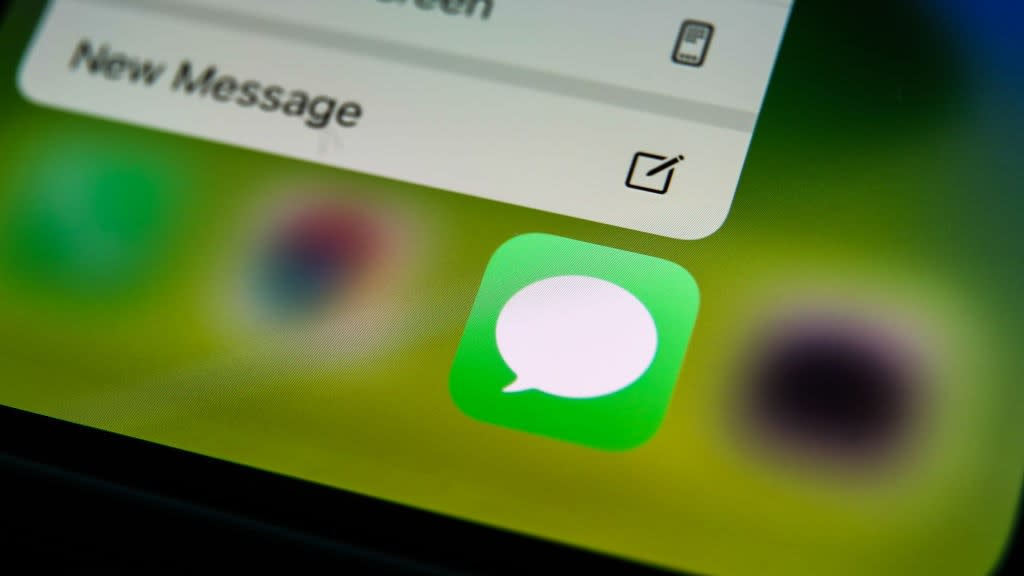iMessage wins exemption from EU's DMA regulations: Here's what it means for users

On February 12th, the European Commission announced that they are not categorizing Apple’s iMessage as a “core platform service”, meaning strict Digital Markets Act regulations won’t apply to it. That’s a big deal for Apple since they won’t be forced to open iMessage to other messaging services. Cross-platform messaging on iOS is still getting a big update with RCS, though.
What does this mean for iOS and Android users? Here’s what we know so far.
iMessage dodges EU DMA regulations

Over the past year, the European Commission has been investigating several big tech companies identified as potential “gatekeepers” of important technologies and platforms. The investigations are part of the Digital Markets Act, which is designed to ensure big tech companies are playing fair and aren’t creating monopolies or limiting consumers' options.
Apple’s iMessage was flagged as a potential “core platform service” under the DMA. If the European Commission had ruled that iMessage was a core platform service, Apple would have been required to make iMessage interoperable with other messaging platforms, at least in the EU. That’s not how things panned out, though.
The European Commission ruled in Apple’s favor, so the DMA regulations don’t apply to iMessage. For the average user on either iOS or Android, everything is effectively staying the same. If you’re an iPhone user who likes iMessage as is, that’s probably a good thing, but if you’re an Android user, this situation could be frustrating. There is some good news, though – Apple is still bringing RCS support to the iPhone.
RCS is still coming to iPhone users

In December, amid the European Commission’s DMA investigation, Apple made a big announcement: RCS is finally coming to iOS. RCS is a more advanced messaging technology than SMS or MMS, so it supports many of the same features found on iMessage without being locked to iOS.
It’s no secret that iMessage is one of the biggest motivators for iOS users to stay in the Apple ecosystem. Cross-platform messaging is such a bad experience that many people will switch to and stick with an iPhone just to use iMessage. RCS could provide more freedom to switch by improving messaging between iOS and Android devices. In fact, RCS support is likely a big reason why iMessage slipped past the EU's DMA regulations.
Android users have had access to RCS for years now, but Apple has been holding out on it. That’s changing in 2024. Apple is finally adding RCS support to iOS, most likely in the next major iOS update. This means cross-platform messages from Android users can now be RCS instead of SMS, which will create a much better experience for everyone.
Android users will be able to get images and videos from iOS users without their content getting compressed and pixelated. Cross-platform text conversations will also get typing indicators and read receipts. It would be nice to see support for reactions and in-line replies, as well, although that isn’t guaranteed.
One feature that’s still missing is end-to-end encryption. RCS doesn’t include encryption by default, although developers can add it. For example, Google added its own end-to-end encryption for RCS conversations in the Messages app. So, we could see Apple roll out a similar encryption protocol for RCS conversations, too.
RCS coming to iOS is great news, but don’t get too excited. Messages from anything but an iPhone will still show up as green bubbles. Apple will likely also find ways to make sure iMessage is still a better experience for iPhone users above any form of cross-platform messaging. Despite that, it’s still nice to see some progress made and RCS will definitely be better than the current cross-platforming messaging system.
